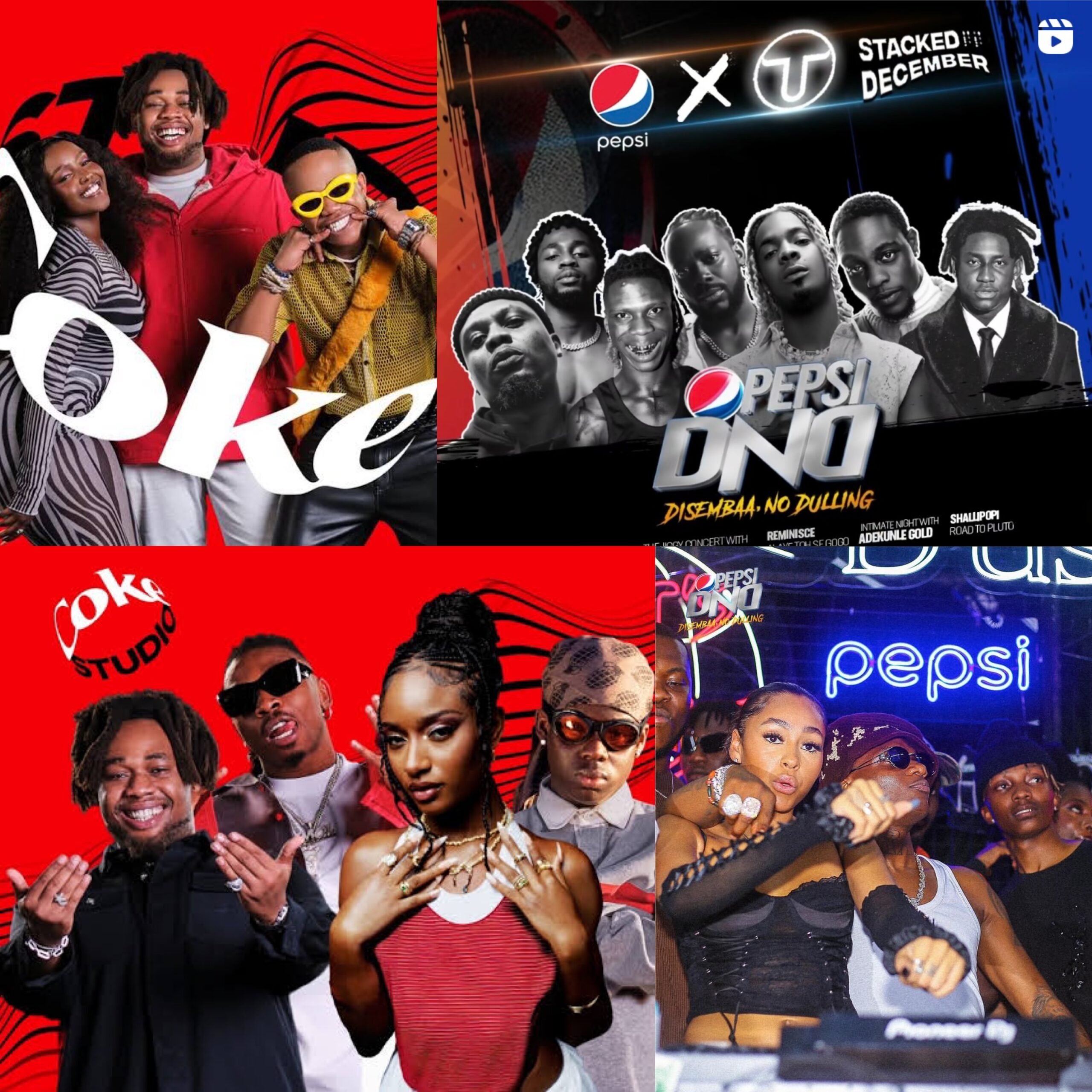For decades, success in Africa carried a single image: endless hustle. It meant sleepless nights, tireless ambition, and pride in exhaustion. To be taken seriously, you had to look busy. But a new generation has quietly rewritten the script.
Across cities like Lagos, Nairobi, Accra, and Johannesburg, young Africans are no longer glorifying burnout. They are trading the grind for grace. The new dream is not survival but serenity. This movement, known as the Soft Life, defines an entire generation.
Born online but rooted in a cultural awakening, “soft life” is more than a social media trend. It is a redefinition of success that values balance over busyness, emotional wealth over material excess, and calm over chaos.
Marketers now call it the Soft Life Economy. It is a new aspirational order where how gently you live matters more than what you own.
The Cultural Rebrand of Success
African youth once sang songs of struggle. Music, memes, and motivational quotes echoed the same creed: hustle until you make it. Success was a prize for those who never stopped moving.
That mindset has shifted. A global pandemic, digital transformation, and mental health awareness have changed how Gen Z interprets ambition. To them, hustle is not heroic. It is unhealthy.
This generation is not lazy. They are intentional. They want to win, but not at the cost of peace. The soft life is not an escape from responsibility. It is a declaration of worth. It is the belief that joy, rest, and self-respect are not luxuries but rights.
The Economy of Ease
This new mindset has transformed spending habits. Gen Z consumers now seek products and experiences that promise ease as much as excellence. From fintech to fashion, travel to skincare, they are drawn to brands that blend comfort with aspiration.
Luxury, in their eyes, no longer shouts. It whispers. The new icons of success are not designer logos or lavish parties but quiet comfort, a weekend getaway, a minimalist outfit, a skincare ritual, or an app that simplifies financial management.
For this audience, having enough matters more than having it all. They are not chasing status. They are curating serenity.
Social Media: The Soft Life Stage
Social media is the cultural stage where the soft life plays out. On Instagram, TikTok, and X, brunch tables, coastal getaways, and wellness routines have become symbols of pride.
This visibility is not vanity. It is validation. Young Africans are reclaiming the right to enjoy what they have earned. The #SoftLife hashtag has turned everyday ease into aspiration.
In Nigeria, Kenya, Ghana, and South Africa, the movement reflects a collective awakening that rest, beauty, and freedom are not indulgences but expressions of progress. And behind every post lies a subtle truth: peace of mind sells.
The Brand Imperative: Selling Serenity, Not Status
For brands, the rise of the soft life economy demands emotional intelligence. The old language of luxury that was loud, elitist, and exclusive no longer resonates.
Today’s consumers do not want to be told to aspire. They want to be affirmed. “You deserve this” works better than “be like them.”
A skincare brand no longer sells clearer skin. It sells peace of mind. A fashion label no longer sells clothes. It sells freedom. A fintech app no longer manages money. It manages mental space.
This is affirmational marketing, a storytelling approach that whispers instead of shouting, focusing on calm over comparison and presence over performance.
Soft Life as Africa’s New Soft Power
The soft life is no longer a hashtag. It has become Africa’s newest cultural export. From Nairobi’s serene cafes to Lagos’s minimalist fashion brands and Cape Town’s wellness retreats, a quiet aesthetic of ease is shaping global perceptions of African creativity.
African Gen Z creators and entrepreneurs are not borrowing Western ideals of luxury. They are redefining them. They are showing the world that power can exist in calm and that success can wear a smile.
This movement has given Africa a new kind of soft power that is built not on force but on feeling.
The Future of Aspiration
If the last economy was built on hustle, the next will thrive on harmony. The soft life is not an escape from work. It is a smarter way to live it. It invites companies, institutions, and leaders to design systems that value emotional wellbeing as much as financial success.
In the end, the soft life is not the death of ambition. It is ambition, evolved. It measures success not by how hard you work but by how fully you live.
The hustle built Africa’s youth. Ease will sustain them. For brands, the challenge is not whether they will adapt to the soft life economy. It is how gently they can sell it.
ALSO WATCH MARKETING EDGE ONTV







Comment
No comments found.